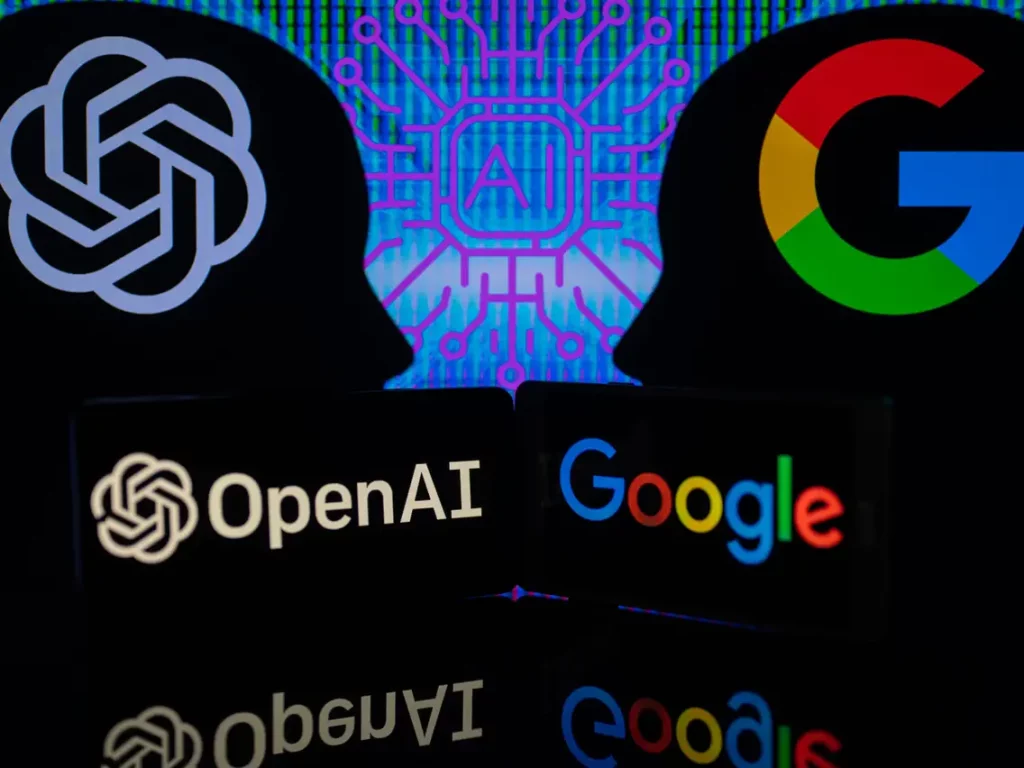Google Search has been the dominant force in the search engine market for decades, but the emergence of advanced AI chatbots like ChatGPT may pose a serious threat to the tech giant. With Microsoft already incorporating AI chat into its Bing search engine, Google has some catching up to do. In a recent interview, Google CEO Sundar Pichai confirmed that a Google Search AI chatbot is in the works, but many questions remain unanswered. Here are the details…
Google Confirms AI Chatbot for Search is in Development, But When?
During an interview with The Wall Street Journal, Pichai confirmed the development of a AI Search chatbot, stating that users will “absolutely” be able to ask questions and engage with language learning models in the context of search. However, Pichai refrained from providing further information, such as a timeline for the rollout or whether this chatbot would be based on Google Bard, which debuted in March.

The competitive landscape has shifted as AI chatbots gain traction in the search engine market. Microsoft’s Bing already includes an AI chatbot, while ChatGPT, developed by OpenAI, has become a significant contender in the space. Google needs to move quickly to maintain its dominant position.
As Google’s primary revenue stream, Search generated $162 billion in 2021. A loss of market share to AI chatbots or even Bing, which has often been the subject of ridicule, could have severe financial consequences for the company. The development of a Google Search AI chatbot is crucial to combat these challenges, making it one of the most significant threats Google has faced in its history.

While CEO Sundar Pichai has confirmed the company is working on a Search AI chatbot, the lack of details leaves many questions unanswered. As AI chatbots continue to reshape the search engine landscape, Google must move quickly to maintain its dominance and protect its revenue. With competitors like Bing and ChatGPT already making strides, Google’s next move in the world of AI will be closely watched by industry insiders and users alike.
RELATED:
- Best Front and Rear Dash Cam 2023
- Google’s Find My Device feature may soon let you track your…
- Xiaomi needs to fix its smartphone portfolio in India
- Google Pixel 7a rumored to launch with 256GB storage and five color options
- Xiaomi 13 Ultra clears TUV certification ahead of April launch
(via)







